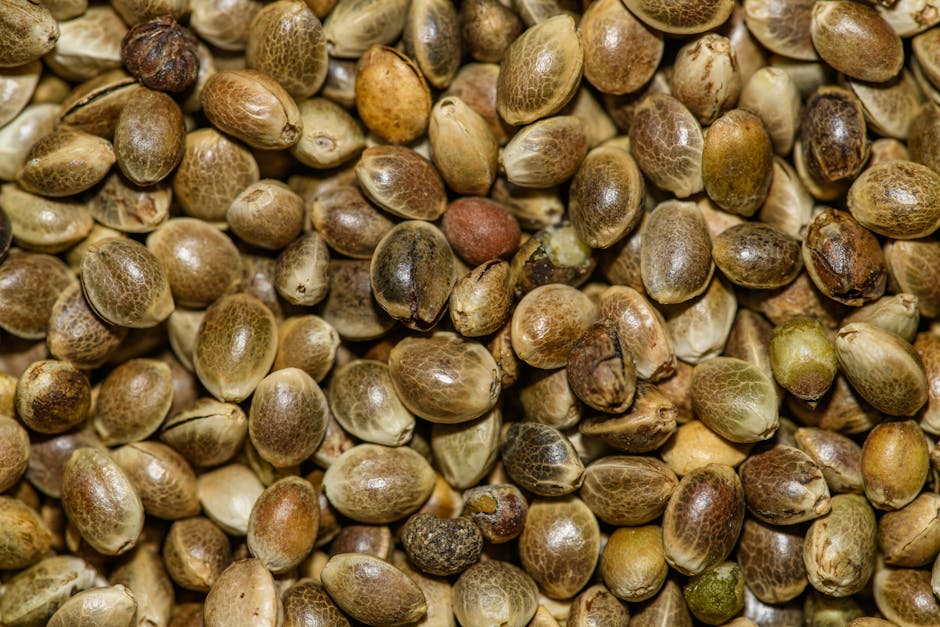The Science Behind Plant-Based Diets
In recent years, plant-based diets have gained significant popularity, not just among vegetarians and vegans, but also among those seeking a healthier lifestyle. This dietary trend is rooted in scientific research that highlights numerous health benefits, environmental impact, and ethical considerations. In this comprehensive guide, we explore the science behind plant-based diets, their benefits, potential challenges, and tips for making the transition.
What is a Plant-Based Diet?
A plant-based diet primarily focuses on foods derived from plants. This includes not only fruits and vegetables, but also nuts, seeds, oils, whole grains, legumes, and beans. While some people on a plant-based diet still consume animal products, the emphasis is on minimizing their intake and maximizing plant-based foods.
Differentiating Between Vegan, Vegetarian, and Plant-Based Diets
It’s crucial to distinguish between different dietary approaches. A vegan diet excludes all animal products, including dairy and eggs, while a vegetarian diet may include dairy and eggs. A plant-based diet, however, is more flexible and focuses on consuming more plant foods, which can include vegan or vegetarian practices.
The Science: Health Benefits of Plant-Based Diets
Research has consistently shown that plant-based diets can lead to a wide range of health benefits. Here are some of the most significant findings:
Reduced Risk of Chronic Diseases
According to a study published in the Journal of the American College of Cardiology, plant-based diets are associated with a reduced risk of coronary heart disease. This is largely due to the diet’s high fiber content, low levels of saturated fats, and rich antioxidants.
Weight Management
Numerous studies, including one from the Obesity Reviews journal, have shown that plant-based diets can be effective for weight loss and management. The high fiber content in fruits, vegetables, and whole grains helps promote satiety, reducing overall calorie intake.
Improved Digestive Health
The high fiber content in plant-based diets also supports a healthy digestive system. Fiber acts as a prebiotic, feeding beneficial gut bacteria and promoting regular bowel movements.
Lower Cancer Risk
Research from the World Health Organization has highlighted that diets rich in fruits and vegetables can lower the risk of certain types of cancer. Antioxidants and phytochemicals found in plants help protect cells from damage.
Environmental Impact of Plant-Based Diets
Apart from health benefits, plant-based diets also have a positive impact on the environment. The Food and Agriculture Organization of the United Nations states that livestock production contributes to 14.5% of all human-induced greenhouse gas emissions. Shifting to a plant-based diet can significantly reduce your carbon footprint.
Resource Efficiency
Producing plant-based foods generally requires fewer resources compared to animal-based foods. For instance, growing vegetables and grains typically uses less water, land, and energy.
Reducing Deforestation and Biodiversity Loss
Animal agriculture is a leading cause of deforestation and biodiversity loss. By choosing a plant-based diet, you contribute to preserving natural habitats and protecting wildlife.
Challenges and Considerations
While the benefits are clear, transitioning to a plant-based diet can present challenges. Here are some considerations to keep in mind:
Nutritional Balance
Ensure that you are getting adequate nutrition, particularly protein, vitamin B12, iron, and omega-3 fatty acids. Incorporate a variety of foods such as lentils, chickpeas, tofu, fortified plant milks, and nuts to meet your nutritional needs.
Social and Cultural Factors
Social gatherings and cultural practices can sometimes make it challenging to adhere to a plant-based diet. Plan ahead and communicate your dietary preferences to friends and family.
Accessibility and Cost
Access to fresh produce can be limited in some areas, and plant-based products can sometimes be more expensive. Look for local farmers’ markets or grow your own vegetables if possible.
Actionable Tips for Transitioning to a Plant-Based Diet
If you’re considering adopting a plant-based diet, here are some practical tips to help you get started:
Start Gradually
Begin by incorporating more plant-based meals into your diet. Try having a meat-free day each week or replacing one animal product with a plant-based alternative at each meal.
Explore New Recipes
Experiment with different cuisines that naturally emphasize plant-based foods, such as Indian, Mediterranean, or Mexican dishes. Find recipes that excite you and expand your palate.
Educate Yourself
Read books, watch documentaries, and join online communities to learn more about plant-based nutrition and lifestyle. Staying informed will help you make better choices and stay motivated.
Conclusion: The Future of Plant-Based Eating
The science behind plant-based diets is compelling, offering numerous health and environmental benefits. While there are challenges to overcome, the transition can be made easier with the right approach and mindset. As more people recognize the advantages of plant-based eating, this dietary trend is likely to continue growing, paving the way for a healthier and more sustainable future.
Share this content:
About The Author
Discover more from J and J Fitness
Subscribe to get the latest posts sent to your email.





